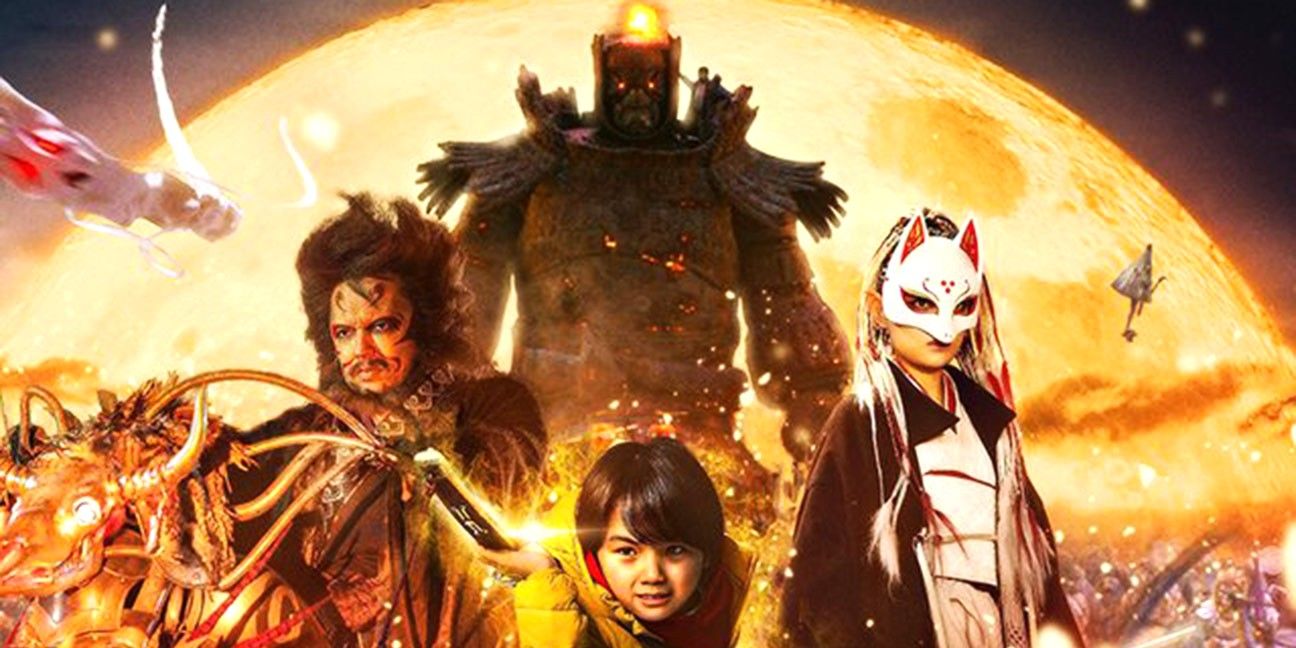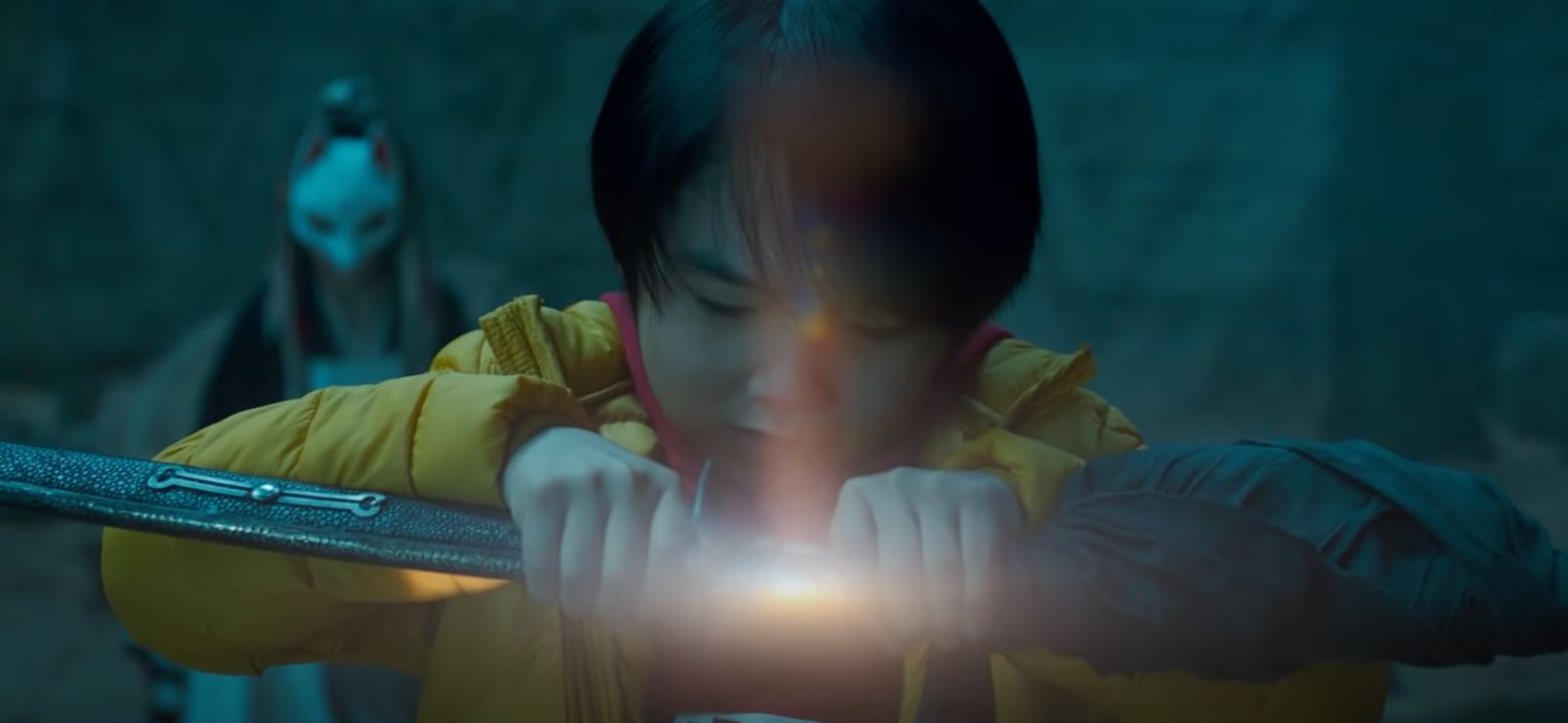When most individuals hear of prolific filmmaker Takashi Miike, they likely think of the ultraviolent cinematic fare that has catapulted his reputation as one of Japan's more provocative directors. However, Miike's work is by no means relegated to gory horror and crime films, but a variety of genres across his extensive career. Miike's latest film, The Great Yokai War: Guardians, continues to prove that Miike is quite capable of helming fantastical, family-friendly fare. Guardians showcases his creative range as he puts a Japanese folklore twist to a familiar fantasy coming-of-age story. The Great Yokai War: Guardians made its celebrated U.S. debut as part of 2021's Japan Cuts: Festival of New Japanese Film.
The Great Yokai War: Guardians serves as the sequel to Miike's The Great Yokai War. In its sequel, ancient fossils awaken to form a kaiju-sized yokai that rampages across Japan. With their true form invisible to adults, the yokai's devastating destruction is attributed to a series of natural disasters. However, a young schoolboy named Kei Watanabe (Kokoro Terada) is able to see what is actually attacking his country. He soon learns of his magical destiny from Japan's guardian demigods and spirits, along with the knowledge that if the rampaging yokai aren't stopped before destroying Tokyo, humanity will be at their mercy forever.
The premise of a young child stumbling into a magical world informed by their native culture and with the fate of the world hanging in the balance is certainly a well-worn idea in fantasy fiction. Harry Potter, Star Wars, and The Chronicles of Narnia are just a handful of the more popular examples of this trope in modern pop culture. What helped 2005's The Great Yokai War stand distinctly apart from its predecessors is how firmly it weaved in Japanese culture. Also, the sly, dark humor that Miike and screenwriter Yusuke Watanabe have woven into the story excels. There are moments that veer elements of horror and surrealism into it, unlike the film's Western contemporaries, and The Great Yokai War was all the better for it.
Where The Great Yokai War faltered previously was in its narrative pacing -- starting and stopping its tale abruptly. The action and the film's integration of monsters as Watanabe tumbled into this fantasy world was solid; but, some of the sequences awkwardly overstayed their welcome and robbed the plot of its urgency. However, Guardians leans more into themes of Japanese youth relearning their history and culture or running the risk of losing themselves entirely. These themes are made literal by the film's stakes and Watanabe's own self-discovery within this wild world. It's a tale that runs well when the narrative flow evens out.
Feeling more like a retelling of 2005's The Great Yokai War, which was an adaptation of the Japanese myth of Momotaro, The Great Yokai War: Guardians is perfectly accessible for audiences that may have missed the first film. With earnest performances from its ensemble cast, plenty of local folklore woven prominently into this modern fairytale update, and genuinely engaging set pieces, Guardians breathes new life into a well-trodden genre.
Overall, the film is most effective when it leans into its darker and horrific subject matter. Miike delivers what is easily one of the more palatable additions to the modern fantasy genre while showcasing the Japanese folklore that he clearly loves so much in a film that blends superheroes, fantasy, and kaiju action into a visually pleasing coming-of-age story.
The Great Yokai War: Guardians is directed by Takashi Miike and is currently in theaters in Japan. A wide North American release date has not yet been announced.


